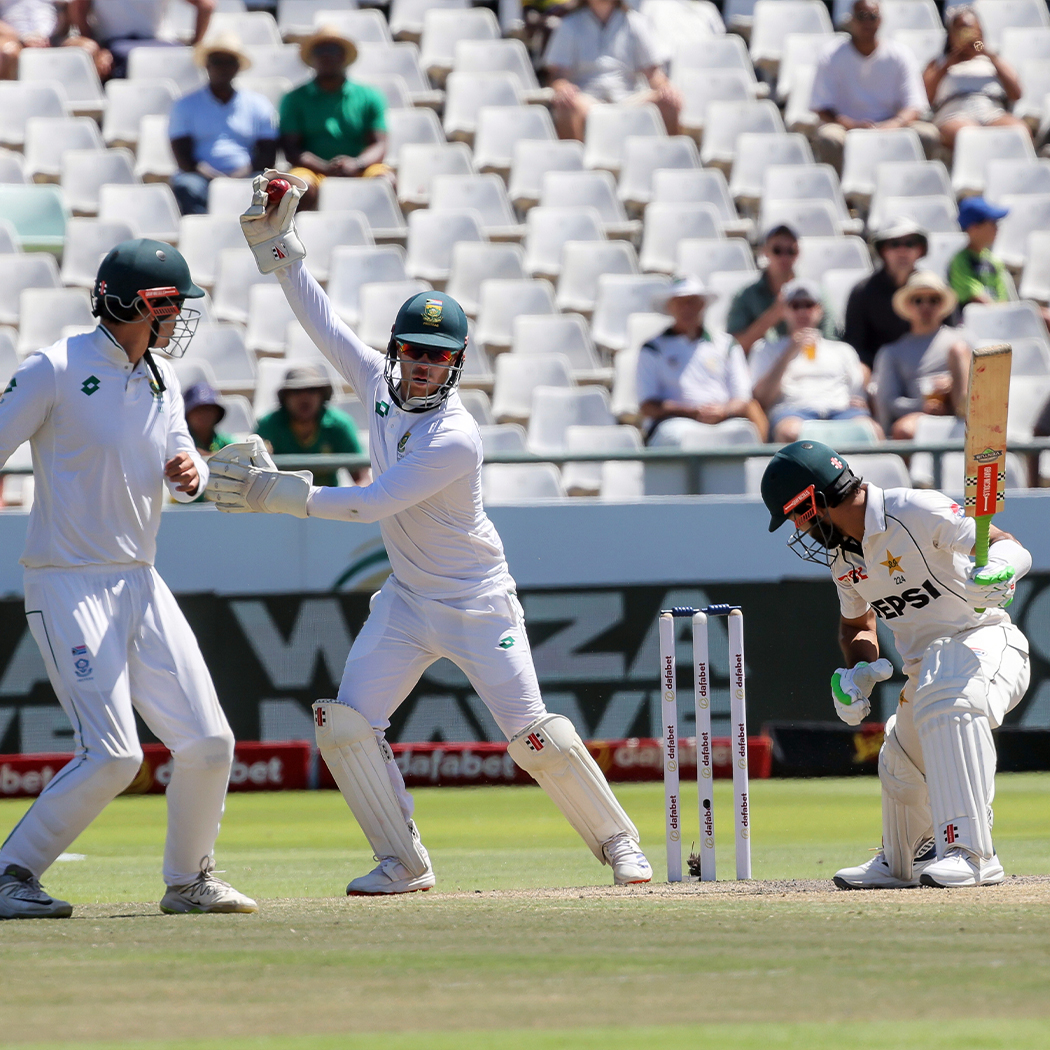KARACHI: Organizers of the three-day Sindh Literature Festival (SLF) said on Sunday that this year’s event was focused on climate change, the ancient Indus Civilization, and reducing ethnic and political divides in Pakistan’s southern Sindh province.
Inspired by the Karachi Literature Festival--Pakistan’s biggest literary festival— the first SLF event was held in 2016 to capture the rich culture of the province. Except for a gap of two years due to the coronavirus pandemic, SLF festivals have been held each year to showcase Sindh’s rich culture.
Sindh’s culture can be traced five thousand years back to the old Indus Civilization, one of the most primitive civilizations in the world while its literature features celebrated works from authors and poets such as Shah Abdul Latif Bhittai, Sheikh Ayaz, and others.
But as Pakistan faces increasing dangers from climate change, organizers chose to focus on the environment this year.
“We have chosen [this year], the climate change topic because we have already experienced and witnessed it last year,” Zohaib Kaka, SLF’s managing director, told Arab News. “Specifically, Pakistan in the world and Sindh in Pakistan has suffered a lot from climate change,” he added.
Unusually heavy rains triggered devastating floods in Pakistan last year, displacing over 33 million people and inflicting estimated damages of over $33 billion. As Pakistan faces mounting economic challenges, experts fear it may take many years for Islamabad to fully recover from the deluges.
Kaka said two sessions, titled “Climate Change and Our Future” and “Living Indus’ were dedicated to highlighting climate change repercussions.
He said speakers at the SLF present their works in other Pakistani languages as well. “We don’t only cover Sindhi but Urdu, Saraiki, Punjabi, Brahvi, Kashmiri and Pashto [as well],” Kaka added.
“They all [national speakers] are invited [to promote] Sindh’s point of view so that it is reflected all over Pakistan.”
“Art and culture have played a significant role in maintaining peace here [in Sindh],” Mohammad Ahmed Shah, president of the Arts Council of Pakistan, told Arab News. “There shouldn’t be a clash between different cultures. In fact, this is diversity and there is beauty in diversity,” he added.
He said the SLF’s purpose is to create an inclusive, pluralist society that promotes “public intellect.” Shah lamented that while Karachi is the capital of the province, not much has been done to promote Sindh’s culture.
“We wanted to open this dialogue,” Shah said.
Most sessions were in the Sindhi language but a few were held in Urdu as well. Sindhi poet and writer Amar Pirzado lavished praise on Bhittai and his poetry.
“After Shah Latif, there are several classic poets like Sachal Sami,” he said. “If you speak about modern poetry, Sheikh Ayaz was the pioneer of modern poetry whose 100th birthday [was] celebrated recently,” Pirzado added.
Apart from several sessions and multiple performances, the three-day festival also provided artisans from the towns of Bhit Shah town and Naudero, and Karachi, an opportunity to showcase their craft.
Instrumentalist Arif Urs Bhatti, who plays a double flute known as “Alghoza” in the Sindhi language, performed for the festival’s attendees. He has been playing the instrument for almost 12 years.
“[Alghoza] is played in interior Sindh generally as well as at programs. It’s a very old instrument that came from Iran to Balochistan to Sindh,” Bhatti told Arab News.
Artisan Shazia Bano Koori from Naudero, who was showcasing her hand embroidery at the Sindh Literature Festival, said she makes flower designs on shirts, handkerchiefs, and pillows at a factory.
“People really liked our work and we got a lot of customers,” she told Arab News. “Our sale has also been very good since yesterday.”



















